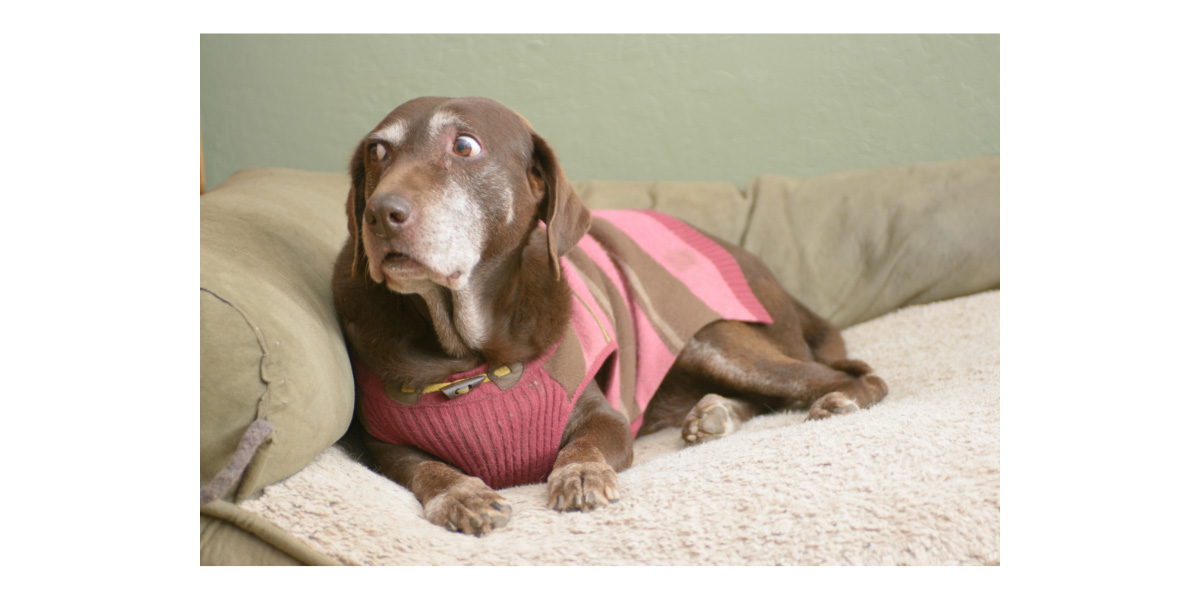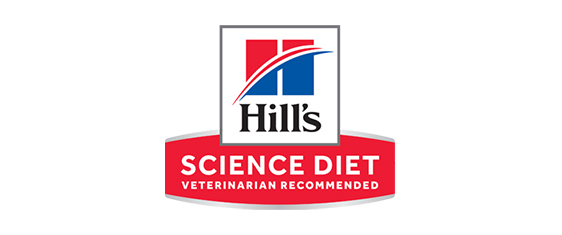Post-Covid Separation Anxiety in Dogs
Doctor of Veterinary Medicine

While efforts are made to answer all questions as quickly as possible, if an immediate answer is required or if your pet is in need of urgent or emergency care, contact your pet's veterinarian immediately.
Doctor of Veterinary Medicine

You will receive an answer from Dr. Lindsay and our vet/tech team as soon as possible, usually the same day.
All answers are provided for informational or educational purposes only, and are intended to be a supplement to, and not a substitute for, the expertise and professional judgment of your pet's veterinarian.
It may be necessary to consult your pet's veterinarian regarding the applicability of any opinions or recommendations with respect to your pet's symptoms or medical condition.
CloseDoctor of Veterinary Medicine

An error has occurred, please reload the page and try again.
CloseWhile efforts are made to answer all questions as quickly as possible, if an immediate answer is required or if your pet is in need of urgent or emergency care, contact your pet's veterinarian immediately.
There is no answer related to your question

Whether you’ve been spending the pandemic with a newly adopted puppy who has never been left home alone, or an older dog who has gotten used to having you around, they may show signs of separation anxiety when you start to spend more time away from home. Here are our best tips for helping your dog learn to cope with being alone as life returns to normal.
Change Your Departure Routine
Does your dog start to get anxious when you go through the motions of getting ready to leave? They may whine and stare at you when you tie your shoes, reach for your wallet, and grab your keys. The hustle and bustle of your morning routine may set off their anxiety, setting them up for a difficult day.
Try preparing your dog for your departure a few minutes before it’s time to go. Help them settle down in a separate room where they cannot watch you leave. You can set them up with some relaxing music, a filled KONG Classic Dog Toy, or some calming treats like Composure Bite-Sized Chews.
A pheromone-based calming aid can be another powerful addition to your dog’s settle-down routine. Adaptil For Dogs is made to simulate the scent of pheromones that mother dogs emit to make their litter feel safe and secure.
Keep Your Dog Entertained While You’re Away
Some dogs like to watch nature shows or made-for-animals videos that feature wildlife and other dogs. Your dog might enjoy watching videos of squirrels or birds while you’re away. Videos with high contrast colors and lots of movement might catch your dog’s eye.
If your dog does not seem to pay attention when you play videos for them, they may still prefer calming audio to the lonely silence of an empty house. Numerous studies on music therapy for animals have shown that they respond well to classical music, soft rock, and other soothing sounds.
Keep Your Dog Away From Windows
When your dog is keeping a look out for your return, it can be like watching a kettle boil. Removing their access to a window encourages them to pass the time by napping, rather than obsessing over your absence. This can also reduce their urge to bark at people and animals they see outside.
To prevent your dog from staring out the window, you can use frosted window privacy clings to obscure their view without blocking sunlight from shining through. Window clings are stickers that are easy to remove when it’s time to move out and accepted on most rented properties.
Talk To Your Veterinarian
If your dog’s separation anxiety is not improving, or they may be a danger to themselves when they’re alone, talk to your veterinarian. Your veterinarian can prescribe anxiety medication such as Clomicalm for short or long-term use and can also recommend a reputable veterinary behaviorist that you can work with to help your dog adjust to spending time alone.
 Swipe
Swipe



















